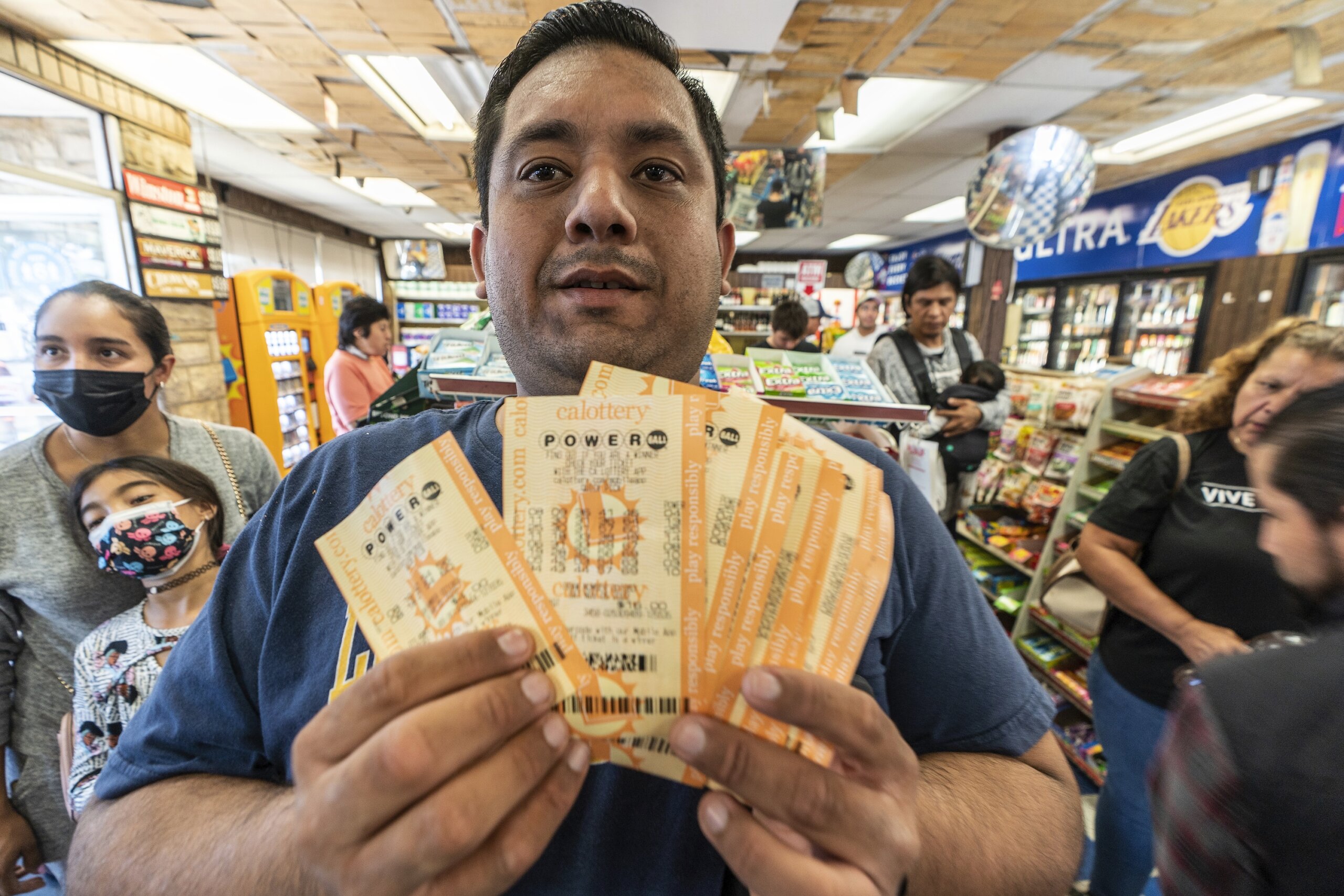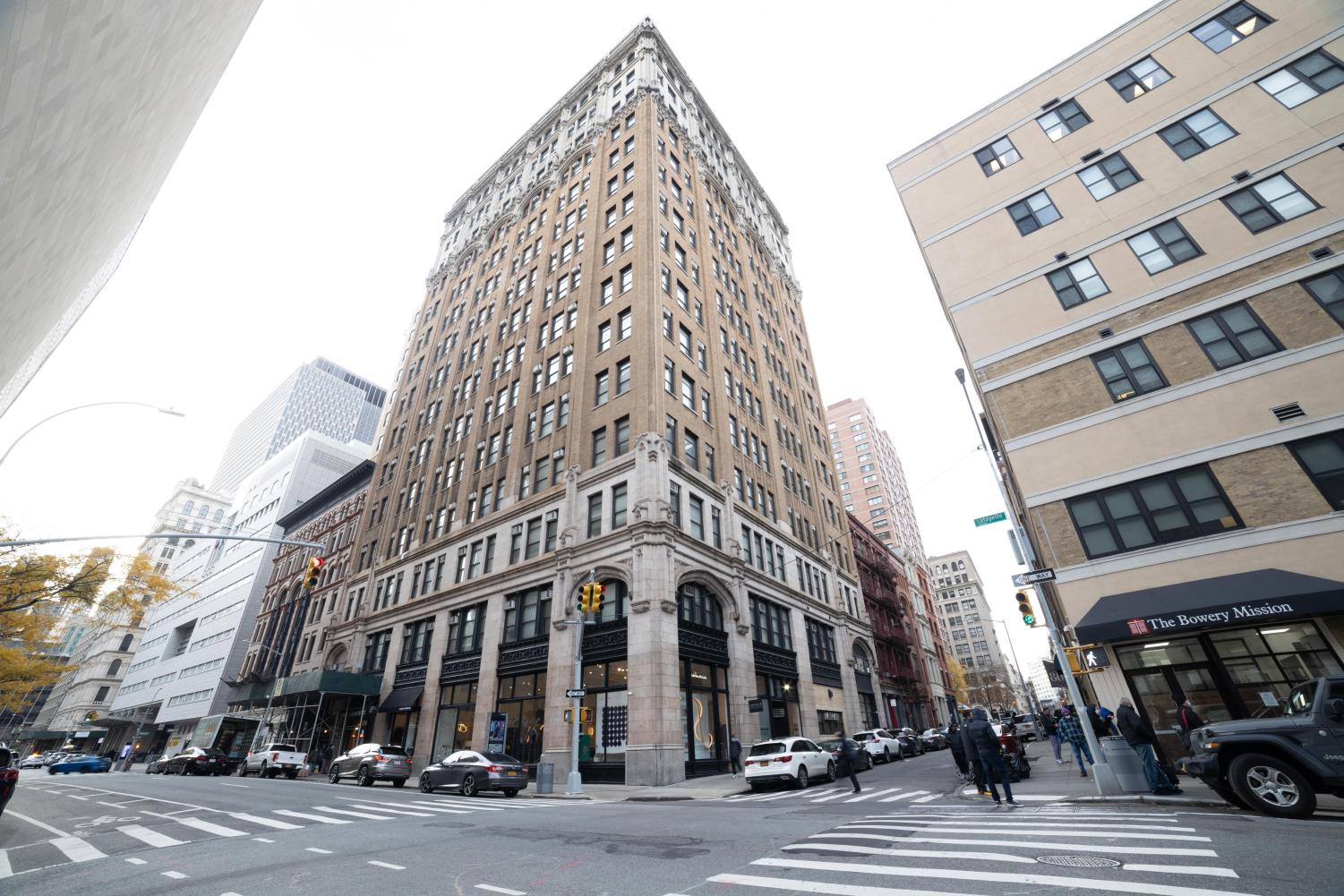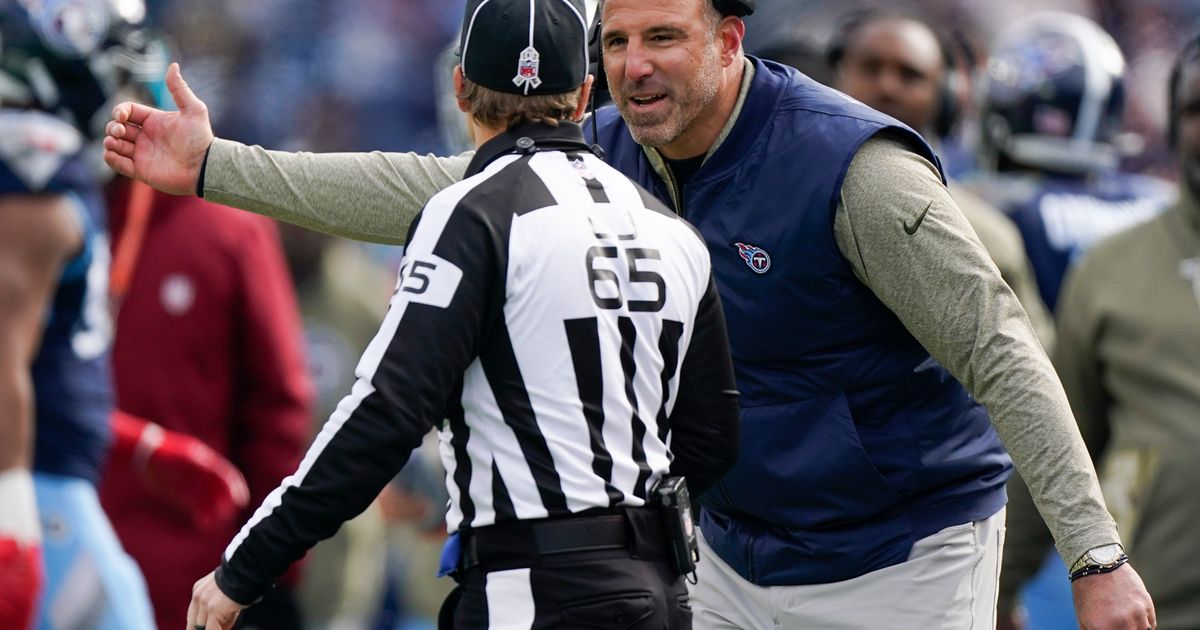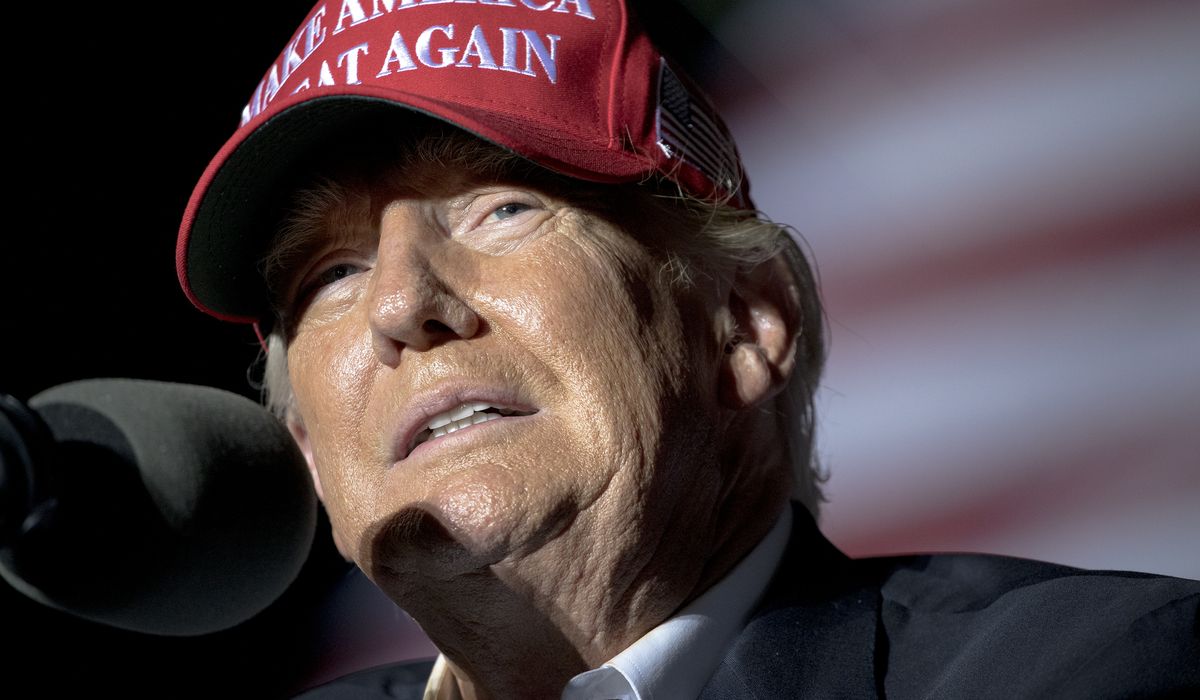The jackpot started at $20 million on August 6 and has grown 95-fold in three months without a win. In other words, it’s crazy money.
DES MOINES, Iowa (AP) — Millions of lottery players across the country will try their luck again Monday night as they vie for an estimated $1.9 billion Powerball jackpot, surpassing all previous prizes by hundreds of millions of dollars.
The jackpot is almost $400 million more than the previous record jackpot and will grow until someone wins the prize. Only four previous jackpots have topped $1 billion, but none come close to the current prize, which started at $20 million on Aug. 6 and has grown even more massive in three months without a win.
A winner who chooses a lump sum will receive approximately $929.1 million, with $1.9 billion for a winner who chooses an annuity paid annually over 29 years.
More and more people are drawn to the giant prize for the $2 Powerball ticket, the game’s extremely high odds of 1 in 292.2 million mean that there is still a good chance that another drawing will go without of someone winning the grand prize. That would push Wednesday’s drawing jackpot to more than $2 billion.
WHY SO LONG WITHOUT A WINNER?
Those who spend $2 on a Powerball ticket may wonder if something is wrong when 40 drawings go without a jackpot winner, but that’s how the game is designed. with the odds are 1 in 292 million, which means that it is unlikely that anyone will win the prize until the growing jackpot attracts more players. And more ticket sales means the lottery can raise more money for government programs, which is what government lotteries are all about. However, it has been a very long time without a jackpot, and if there is no winner on Monday night, a new record will be reached: 41 draws without all six numbers matching.
A LOT OF PEOPLE MUST BE PLAYING NOW, RIGHT?
Yes and no. Many, many more people are buying tickets now that the jackpot has reached nearly $2 billion. This is clear from the fact that when the jackpot started at $20 million this summer, players bought enough tickets to cover less than 10% of the 292.2 million possible number combinations. For the Saturday night draw, that figure has risen to 62%, so millions and millions of people are playing. But this percentage is still less than the 88.6% coverage achieved for previous record jackpot in 2016. And if 38% of the possible number combinations are not covered, there is a good chance that there will be no winner.
Players can choose the numbers themselves, but the vast majority let the machine pick the numbers at random.
Not so for George Pagen of Brooklyn, New York, who always chooses his numbers.
“I can’t let the machine choose for me,” he said. “I have the numbers in my head and I’m going to win. I’m going to win it and share it with all my friends and family and everybody.”
WILL THE FINAL WINNER REALLY WIN $1.9 BILLION?
Pity the poor Powerball winner, because the lucky ticket holder won’t see anything close to $1.9 billion. The only question is how much less.
First, this $1.9 billion prize is for the winners to choose payment through an annuity, which sends out a check every year for 29 years with a 5% increase each year. But almost none of the winners take an annuity, opting for cash instead. For Monday night’s drawing, the cash prize will be $929.1 million, or less than half of the annuity prize.
Given the difference between the two prize options, Daniel Law of Brooklyn, New York, said he would consult a tax attorney if he won.
“We would find out which one is better,” Law said as he bought tickets at the liquor store. “The annuity might be good because it would stop us from spending, but it’s pretty hard to spend $2 billion all at once.”
Larry Evans, who bought Powerball tickets in Chicago, agreed that he would need to hire “a team of people” to manage his finances. He noted that it might be expensive, “but it doesn’t make any difference because I could afford to pay the team.”
Although winners are paid, federal taxes will take an extra bite, cutting the payout by more than one-third, and many states tax lottery winnings, so that will eat into the prize, too.
The difference between annuities and cash prizes has widened recently because inflation has driven up interest rates, meaning money invested in annuities can grow.
WILL I HAVE MORE CHANCES OF WINNING IF I PURCHASE MORE TICKETS?
Yes, but your chances of winning haven’t improved much. Think of it this way: If you buy one ticket, you have a 1 in 292.2 million chance of hitting the jackpot. If you spend $10 on five number combinations, your odds go up, but at 5 out of 292.2 million, you’re still not nearly going to hit the jackpot. Same thing if you spend $100. Lottery officials say the average player buys two or three tickets, meaning they’re investing in a dream with very little chance of it paying off in rich reality.
WHERE IS THE POWERBALL GAME?
Powerball is there played in 45 statesas well as Washington, DC, Puerto Rico and the US Virgin Islands.
___
Associated Press writer Julie Walker in New York contributed to this story.
Copyright © 2022 The Associated Press. All rights reserved. This material may not be published, broadcast, written or distributed.







